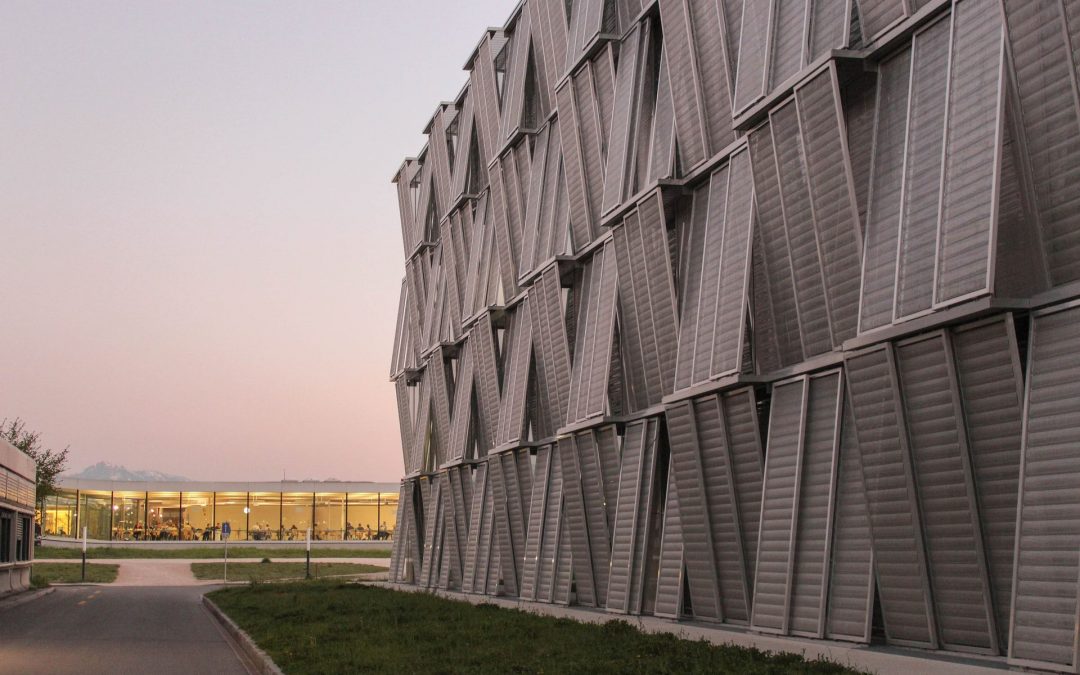Ecole Polytechnique Federale de Lausanne (EPFL), near the western edge of Switzerland, may not be as well known as MIT or Harvard but the QS world rankings call it the 14th-best university in the world across all measures. Its blockchain offering lives up to that reputation.
table {
border-collapse: collapse;
width: 100%;
}
tr{
border: 1pt solid black;
}
td{
padding:5px;
font-size: 24px;
text-align: center;
}
tr td:nth-child(1){
background-color: #262626;
color: #fff;
}
tr td:nth-child(3){
font-size: 18px;
width: 20%;
}
tr td:nth-child(4){
font-size: 18px;
width: 20%;
}
tr td:nth-child(5){
font-size: 18px;
width: 20%;
}
.circle{
background-color:#F8BF1E;
display:block;
height:50px;
width:50px;
border-radius:50%;
border:1px solid #000;
margin:auto;
color: #fff;
line-height:50px;
text-align:center;
font-size: 18px;
}
.green{
font-size: 18px;
color: #00D964;
}
.red{
font-size: 18px;
color: #FF0000;
}
.white{
font-size: 18px;
}
| 21 New | École Polytechnique Fédérale de Lausanne (Switzerland) | Total Score 60.8 | Regional Rank 6 | Courses 5 |
EPFL’s Distributed Computing Lab offers projects for master’s degree students in cryptocurrencies, which the lab describes as “part of our ongoing research on designing new cryptocurrency systems.”
The academic leading the cryptocurrency projects is Rachid Guerraoui, who has studied distributed computing at institutions all over the world – including at MIT. His published work includes co-authored articles such as “The Consensus Number of a Cryptocurrency” and “On the Unfairness of Blockchain,” alongside a deep catalogue of research not specific to blockchain.
Guerraoui is the staff coordinator of the Blockchain Student Association at EPFL. This is a club for enthusiastic students from across the university that organizes workshops and hackathons among other events. The club also makes a wealth of content available online for the education of any interested student, including print and video, as well as instructions on how to run a node, tips on opening a wallet and more.
Read More: The Top Universities for Blockchain by CoinDesk 2021
Other current master’s project areas at the Distributed Computing Lab include “Making Blockchain Accountable,” which stems from the institution’s recent work on a consensus algorithm designed for that purpose.
Students at EPFL are able to benefit from the Junior Enterprise program, too. Students with ideas for an enterprise or project can develop it with other students and partners from industry outside the institution. The group has won junior enterprise awards, beating the competition from across Europe.
One of the Junior Enterprise group’s projects in recent years was to develop a proof of concept for a tool designed to verify job applicants’ CVs using blockchain technology. The students developed a successful prototype, to the full satisfaction of the client firm, CVproof.














